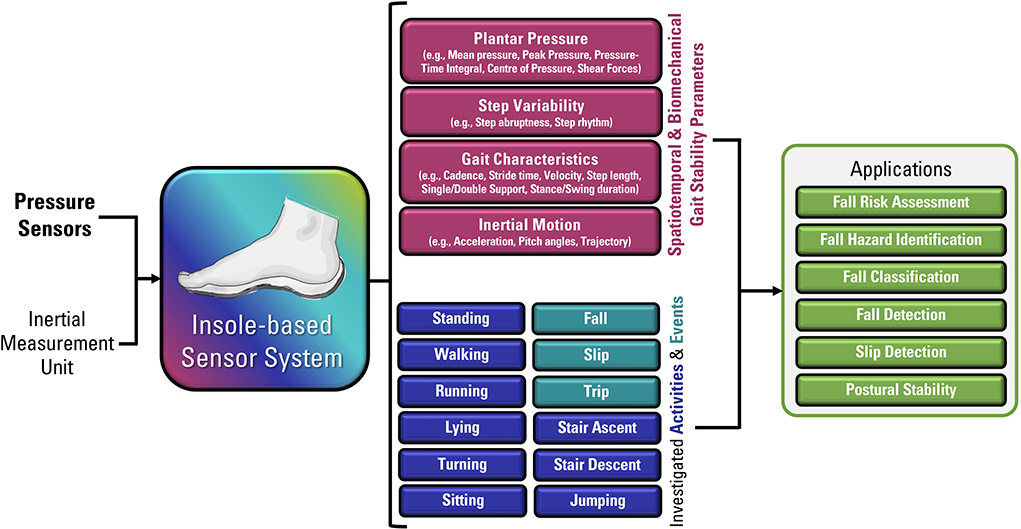More About Dementia Fall Risk
More About Dementia Fall Risk
Blog Article
The Ultimate Guide To Dementia Fall Risk
Table of ContentsThe Main Principles Of Dementia Fall Risk Our Dementia Fall Risk DiariesThe Main Principles Of Dementia Fall Risk A Biased View of Dementia Fall RiskThe 9-Minute Rule for Dementia Fall Risk
Guarantee that there is an assigned area in your clinical charting system where staff can document/reference scores and record relevant notes connected to drop prevention. The Johns Hopkins Loss Threat Analysis Tool is one of lots of tools your staff can use to aid protect against damaging clinical occasions.Patient drops in hospitals prevail and debilitating negative events that persist despite years of effort to reduce them. Improving communication across the assessing registered nurse, care team, patient, and patient's most entailed family and friends might enhance fall avoidance initiatives. A team at Brigham and Female's Health center in Boston, Massachusetts, sought to create a standardized fall prevention program that centered around improved interaction and individual and family involvement.

The advancement team highlighted that successful implementation relies on client and staff buy-in, integration of the program right into existing process, and fidelity to program processes. The group kept in mind that they are grappling with how to ensure connection in program application throughout durations of crisis. During the COVID-19 pandemic, for instance, a boost in inpatient falls was related to constraints in patient interaction along with constraints on visitation.
Some Known Factual Statements About Dementia Fall Risk
These incidents are commonly thought about preventable. To implement the intervention, companies require the following: Access to Loss ideas sources Fall TIPS training and re-training for nursing and non-nursing team, including new registered nurses Nursing operations that allow for person and family engagement to carry out the falls evaluation, make certain usage of the avoidance strategy, and carry out patient-level audits.
The outcomes can be very destructive, typically increasing client decline and creating longer hospital remains. One research study approximated remains raised an additional 12 in-patient days after a client autumn. The Autumn TIPS Program is based on interesting patients and their family/loved ones across three main procedures: analysis, individualized preventative treatments, and bookkeeping to make certain that individuals are involved in the three-step loss avoidance procedure.
The individual analysis is based on the Morse Fall Scale, which is a validated fall risk assessment device for in-patient hospital setups. The scale includes the six most common factors individuals in hospitals drop: the individual autumn history, risky problems (including polypharmacy), use of IVs and various other exterior gadgets, psychological status, gait, and flexibility.
Each risk element links with several actionable evidence-based interventions. The nurse develops a strategy that incorporates the treatments and shows up to the care group, client, and family on a laminated poster or printed aesthetic aid. Nurses create the plan while meeting the patient and the person's household.
Dementia Fall Risk Fundamentals Explained
The poster functions as an interaction device with other members of the individual's treatment group. Dementia Fall Risk. The audit component of the program includes examining the person's knowledge of their risk elements and avoidance strategy at the system and healthcare facility levels. Registered nurse champs perform at the very least five private interviews a month with clients and their family members to check for understanding of the autumn prevention plan

An estimated 30% of these falls result in injuries, which can range in seriousness. Unlike other unfavorable occasions that call for a standardized scientific feedback, loss view it avoidance depends highly on the needs of the client. Including the input of people who know the client finest permits higher customization. This method has shown to be much more reliable than fall prevention programs that are based mainly on the production of a risk rating and/or are not personalized.
Top Guidelines Of Dementia Fall Risk

Based on auditing outcomes, one site had 86% conformity and 2 sites had over 95% conformity. A cost-benefit analysis of the Loss ideas program in eight health centers estimated that the program price $0.88 per client to carry out and led to savings of $8,500 per 1000 patient-days in straight expenses related to the avoidance of 567 tips over 3 years and eight months.
According to the technology team, companies curious about executing the program should carry out a readiness analysis and drops avoidance spaces evaluation. 8 Additionally, companies ought to ensure the essential infrastructure and operations for implementation and establish an application strategy. If one exists, Continued the organization's Loss Prevention Job Pressure should be entailed in planning.
Unknown Facts About Dementia Fall Risk
To start, companies should guarantee conclusion of training components by registered nurses read here and nursing aides - Dementia Fall Risk. Hospital staff ought to examine, based upon the demands of a healthcare facility, whether to utilize a digital wellness document hard copy or paper variation of the fall prevention plan. Executing teams ought to recruit and train nurse champions and establish procedures for bookkeeping and coverage on autumn information
Personnel need to be included in the procedure of revamping the operations to involve people and family members in the evaluation and avoidance plan process. Systems should remain in location to make sure that devices can recognize why an autumn happened and remediate the cause. Much more specifically, nurses need to have networks to supply recurring comments to both staff and unit management so they can change and enhance fall avoidance operations and interact systemic problems.
Report this page